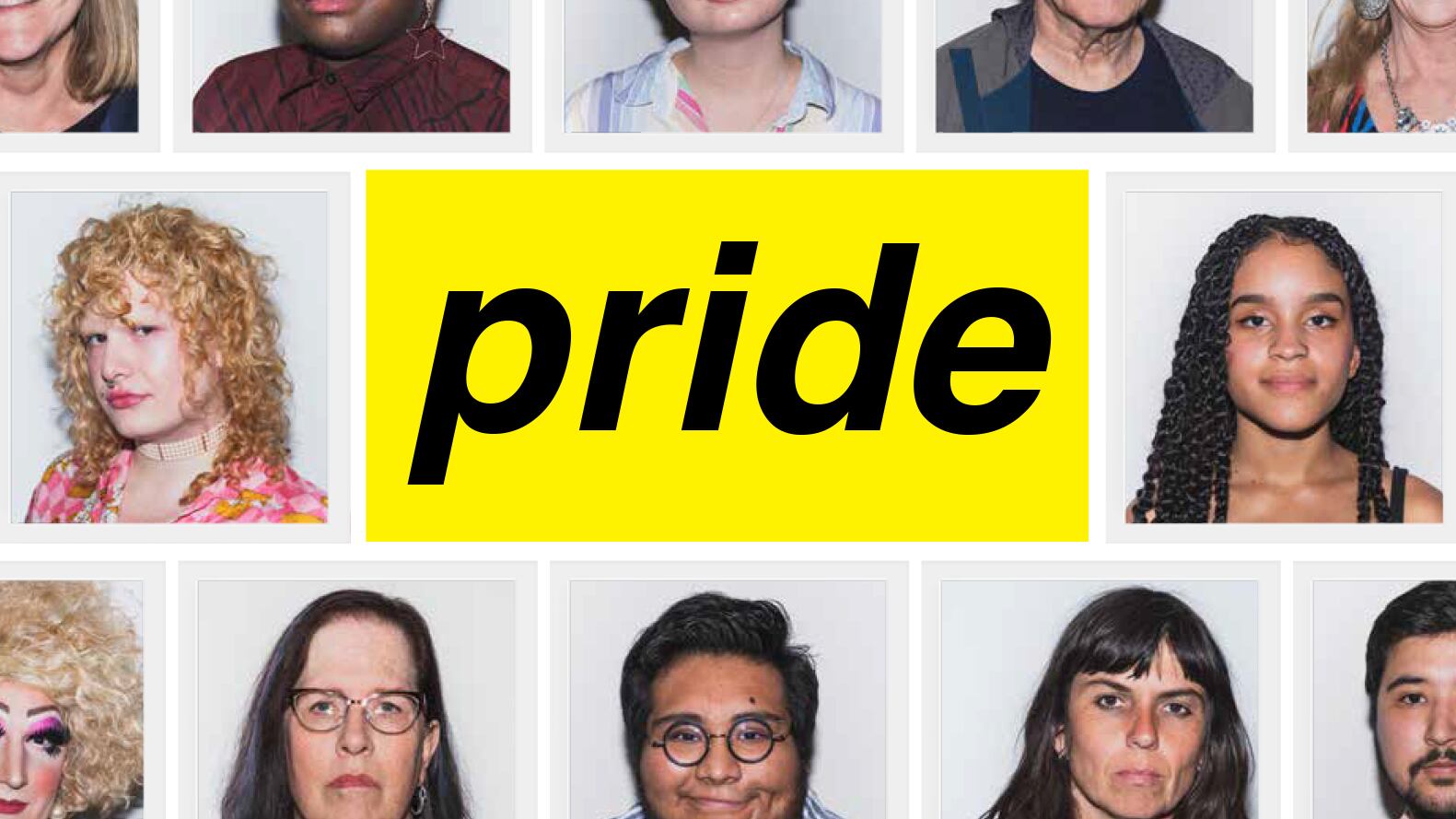There is more than one way to celebrate Pride.
For many, this is a month to show up and show out, to celebrate queer visibility and community. But this year, of all years, it's important to remember that Pride didn't start as a parade. It began with a riot.
Fifty years ago, on June 28, 1969, at the Stonewall Inn in New York, two transgender women of color, Marsha P. Johnson and Sylvia Rivera, led an uprising against police harassment that sparked the gay liberation movement.
A lot has changed since then. But nearly every day, we are reminded that the rebellion started a half-century ago has not ended.
Right now, the Trump administration is considering rolling back protections against discrimination for queer couples looking to adopt children. Earlier this year, the Pentagon banned transgender military members from service, and last month, the federal government expanded a rule that could allow medical providers to turn LGBTQ patients away on religious grounds.
Even Portland—a place widely considered one of the most gay-friendly cities in the United States—is not immune to acts of discrimination.
That's why, in this year's Pride Issue, we've paid particular attention to the LGBTQ community's resiliency in the face of oppression, then and now.
We talked to several of Portland's own pioneering gay activists, to chart the history of the city's own queer rights movement. Then, we traveled outside the metro area and spoke to organizers about both the success and struggles of celebrating Pride in rural Oregon.
Portland is home to some of the nation's only transgender strip nights, so we spoke to local dancers about why those spaces are important—and what we could be doing better.
Of course, we share our list of must-attend Pride events, from the Portland Spirit's Big Gay Boat Ride to to the "make out" party at Century. But since gay pride doesn't stop when the rainbow flags come down, we also put together a list of local LGBTQ charities whose work deserves support year-round.
We spoke to an LGBTQ police officer about the opposition to having cops at Pride. And we invited Carla Rossi, Portland's foremost drag clown, to offer a plan for returning Pride to its radical roots—it involves swamp hags, Chucky the killer doll and challenging Republicans to wrestling matches.
Pride takes many forms. We hope this issue encourages you to celebrate progress and pay homage to those who fought to get us here. But we also hope it serves as a reminder that queer joy is still an act of resistance in itself—and that the fight for liberation is far from over.

How a Classified Ad in an Underground Newspaper Ignited Portland's LGBTQ Rights Movement
Eight Portland LGBTQ Nonprofits
